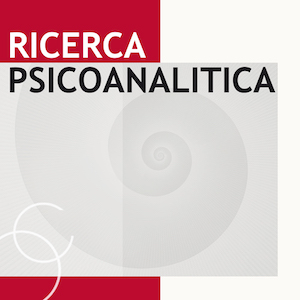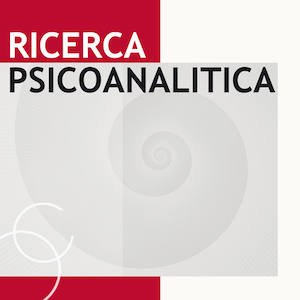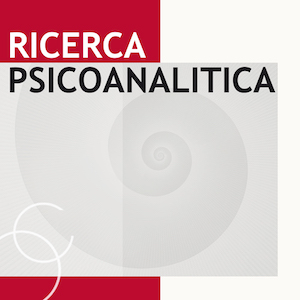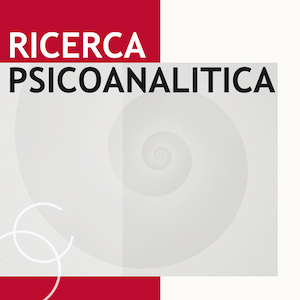Paths in dialogue: on the tracks of a Subject in becoming
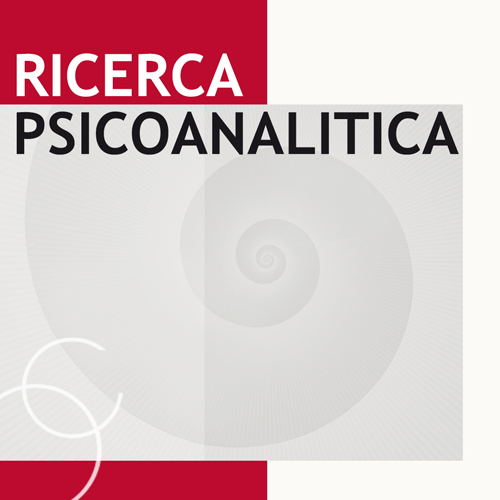
All claims expressed in this article are solely those of the authors and do not necessarily represent those of their affiliated organizations, or those of the publisher, the editors and the reviewers. Any product that may be evaluated in this article or claim that may be made by its manufacturer is not guaranteed or endorsed by the publisher.
Accepted: 23 June 2024
Authors
The authors describe the journey of a group of psychoanalysts from the Società Italiana di Psicoanalisi della Relazione (SIPRe) that, from the 1980s to the present, has led to the hypothesis of a theory based on a unitary Subject in becoming. To the concept of Relation, understood not in a phenomenal sense but as structuring the psyche and individual behavior, were juxtaposed, with reference to the development of the human being, the moments of the Hegelian dialectic – thesis, antithesis and synthesis – understood as the passage from the prereflexive to the reflexive and the self-reflexive. From this initial reflection, we then came to distinguish between direct consciousness, characteristic of the first eighteen months of life, reflective consciousness, foundational to individual identity, and self-reflective consciousness, a capacity acquired by the human, which is expressed in the narrative of oneself made to oneself and others and refers to the perception of one’s own identity, based on unconscious determinants. In the group’s journey, these moments of development were articulated as co-present expressions of an ongoing process, leading to the formulation of the concept of the unitary Subject in Becoming: a system, always striving toward a beyond, that self-organizes and incessantly makes itself in relationship with the other, from a perspective that frames it as coinciding with its becoming. Seeking to nurture the vital openness to future theoretical developments, its clinical implications are traced through a vignette.
How to Cite

This work is licensed under a Creative Commons Attribution-NonCommercial 4.0 International License.
PAGEPress has chosen to apply the Creative Commons Attribution NonCommercial 4.0 International License (CC BY-NC 4.0) to all manuscripts to be published.







